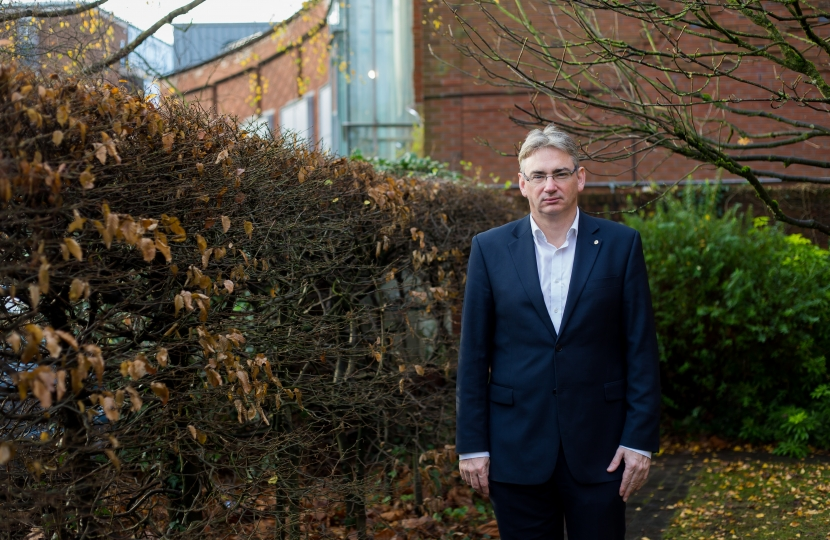
Covid-19 is a very dangerous disease. Whilst it is true that for many it will feel like a ‘bad flu’, for many others exposure risks intensive care, permanent lung damage, and death.
We must not fall into the trap of thinking that these dangers only threaten members of clearly-identifiable ‘at-risk’ groups. Complications can arise even in young, fit, and healthy individuals.
That’s why all of us, young and old alike, must continue to observe lockdown and practice social distancing. Doing so will not only keep us safe, but it will slow the spread of disease and help ensure the number of people needing NHS care doesn’t overwhelm the Health Service.’
In particular we must follow the spirit, as well as the letter, of the regulations. I was dismayed to read last week that ministers are being forced to consider tighter restrictions on outdoor exercise because a small minority are still going to parks and public spaces to do things like sunbathing.
As a keen cyclist and someone who loves the outdoors, I sympathise with people who feel frustrated at being cooped up indoors – especially when the weather has been so beautiful.
But please remember that it isn’t just about making sure you personally stay two metres away from other people when you’re out. It’s about using public spaces in a sustainable way. The only reason an individual sunbather in an urban park can keep social distancing is because the overwhelming majority are behaving responsibly and staying away.
If everyone started bending the rules, they would stop working, and if they stop working then the Government could be left with little choice but to impose stricter controls. This would disproportionately affect those without access to gardens or other private open space.
Ministers are right to recognise that outdoor exercise is hugely important to our mental and physical wellbeing. But this must be balanced against the danger to life posed by Covid-19. We all have a duty to act responsibly and ensure that our green spaces can remain safely open for those who need them the most.
